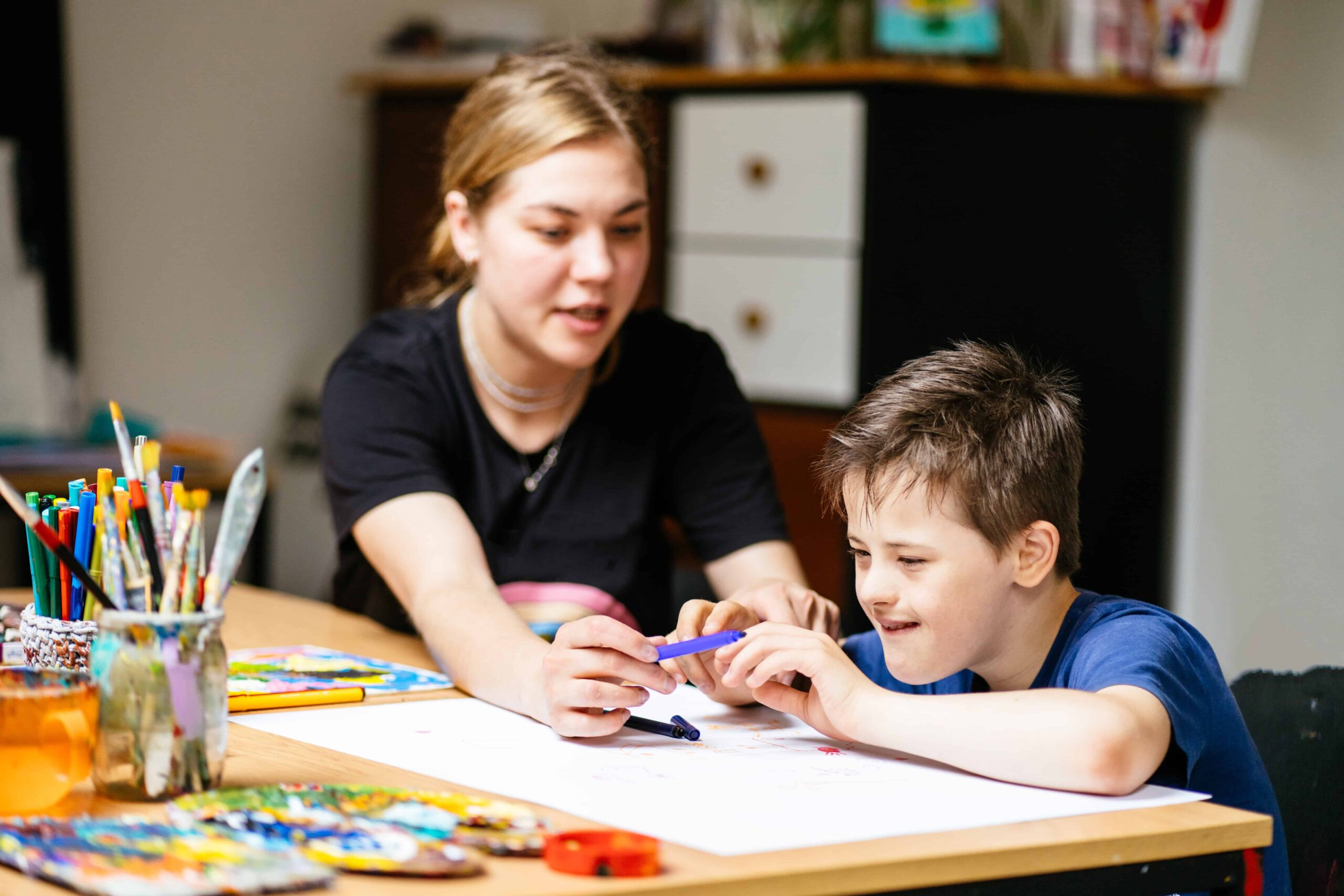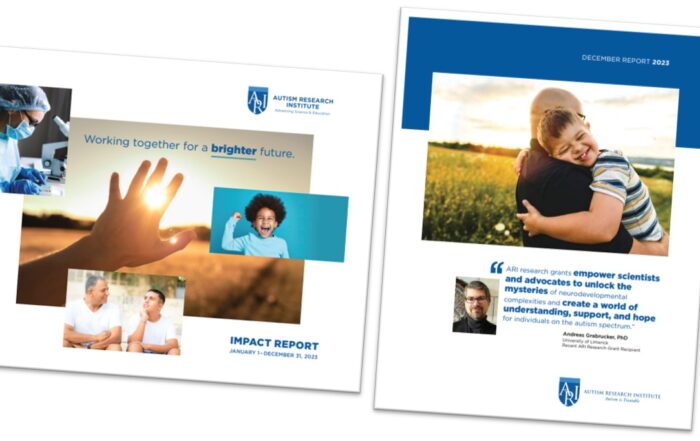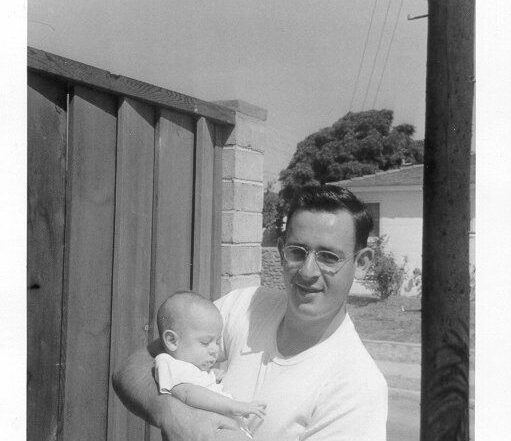While early diagnosis and treatment of autism are associated with better outcomes, a new study indicates that many children even those in communities with many autism resources—are not receiving early help.

Josephine Shenouda and colleagues analyzed data collected between 2006 and 2016 on 4,050 8-year-olds with autism spectrum disorders (ASD). The researchers found that only 1,887 of them, or 47 percent, had received early intervention services. Children living in affluent areas were 80 percent more likely to receive early intervention services than children in disadvantaged areas, and black and Hispanic children were less likely than other children to receive these services.
Shenouda comments, “New Jersey is known as an epicenter of autism, but it also has many resources for autism detection and treatment. If only half of the children with autism in our study area are getting early interventions, chances are the disparities are even more pronounced in other communities and regions with fewer services.”
—
“Disparities in early intervention program participation by children with autism spectrum disorder in a US metropolitan area, 2006 to 2016,” Josephine Shenouda, Emily Barrett, Amy L. Davidow, Kate Sidwell, Willliam Halperin, Vincent M. B. Silenzio, and Walter Zahorodny, JAMA Pediatrics, July 18, 2022 (online). Address: Josephine Shenouda, Department of Biostatistics and Epidemiology, School of Public Health, Rutgers, Piscataway, New Jersey 08854.
—and—
“Only half of children with autism receive early intervention services,” news release, Rutgers University, July 27, 2022.
This article originally appeared in Autism Research Review International, Vol. 36, No. 3, 2022
ARI’s Latest Accomplishments
Connecting investigators, professionals, parents, and autistic people worldwide is essential for effective advocacy. Throughout 2023, we continued our work offering focus on education while funding and support research on genetics, neurology, co-occurring medical
Biomarkers start telling us a story: Autism pathophysiology revisited
Learn about emerging research on biomarkers and autism from a recent ARI Research Grant recipient. This is a joint presentation with the World Autism Organisation. The presentation by Dr.
Editorial – Bernard Rimland’s Impact: Sixty Years Since the Publication of ‘Infantile Autism’
In this milestone year of 2024, the Autism Research Institute commemorates the 60th anniversary of Dr. Bernard Rimland’s groundbreaking work, Infantile Autism: The Syndrome and Its Implications for a Neural Theory of




